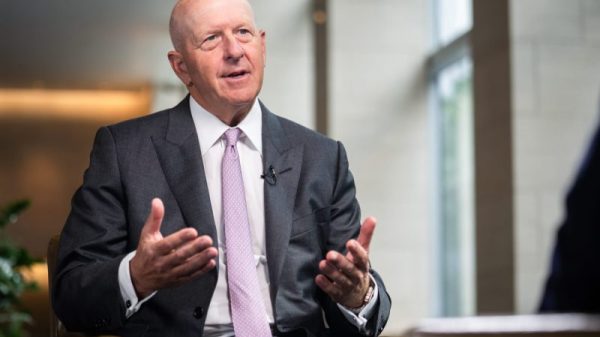Editor’s Note: This article contains a distressing image. The girl’s mother gave permission to use it to show the world what her daughter was going through.
Hanan Aqel and her sister had one shekel each in their hands, a gift from their grandfather to go and buy sweets.
It was a glimmer of familial normality in Gaza for a nine-year-old and her younger sibling that ended in tragedy.
“I didn’t hear its whizzing or anything, I only saw a red light when the missile fell,” Hanan recalls from her hospital bed in Al-Aqsa Martyrs Hospital in central Gaza.
Her voice is hoarse and cracked, following reconstructive surgery to her face. She has 20% burns to her face, hands, chest, and leg. Her sister, five-year-old Leene, who was walking ahead of her, escaped injury.
“There was a man next to me dismembered and bleeding and a block of building cement fell on me,” Hanan says.
Hanan is one of thousands of critically ill patients waiting for medical evacuation from Gaza but unable to leave following the closure of the Rafah crossing to Egypt in early May.
After the airstrike, her father rushed her to hospital, where she also had surgery to remove shrapnel from her face. Her doctor, Mahmoud Mahane, specializes in burns and eye injuries, but says there is nothing more they can do for her inside Gaza.
“Most children need medical transfers,” he says, “for a more qualified treatment than here, as we don’t have the treatment or tools and we don’t have the supplies, we lack these supplies.”
Eight months of war have decimated the Gazan health system. Tens of thousands of injured Palestinians and a severe lack of medicine, doctors, and electricity, have proved a lethal combination.
The only hope for many is to be evacuated through the Rafah crossing into Egypt and get treatment in neighboring countries. That lifeline has been cut off since May 7 when the Israeli military took control of the crossing and closed it.
Egypt says it will not open the crossing until the Israeli military withdraws. It cites security reasons – one Egyptian soldier was killed last month in fighting along the border.
Israel says it will not hand over control of the crossing to Palestinian authorities, fearing Hamas would use the area to smuggle in weapons.
10,000 need evacuating
Rik Peeperkorn is the World Health Organization’s representative for the West Bank and Gaza.
He says there are at least 10,000 urgent cases that need to be evacuated from Gaza for treatment, adding this is likely an under-estimate given the difficulty getting accurate data.
“The biggest group is the war injuries and war-related … the severe trauma, spinal injury, etc. The other biggest group is, of course, chronic conditions – oncology, cardiovascular, respiratory as well.”
Before the war, Peeperkorn says between 50 and 100 patients would leave daily to be treated in Jerusalem and the West Bank. Since May 7, not one single case has been able to leave through Rafah, creating a backlog of desperation and severe cases.
“The Rafah crossing should be reopened as quickly as possible,” Peeperkorn says, “or there should be an alternative crossing or mechanism actually applied because we cannot leave these critical patients. We have no estimation at the moment how many of the patients which should have left actually have already passed away.
Before the crossing was closed on May 7, various countries – including Qatar, Jordan, Egypt, the UAE, Turkey, and parts of the European Union – had taken in critically ill cases. Some patients also continued to be transferred for treatment in Israeli hospitals after the war began, according to COGAT, Israel’s body overseeing the Palestinian Territories. Peeperkorn says many have said they are ready to welcome more.
But with the crossing shut, and Israel and Egypt continuing to blame each other for its continued closure, time is running out for some.
In the pediatric department of Nasser Medical Complex in southern Gaza, the sounds of the ICU are overwhelming; a constant cacophony of beeping machines keeping newborn patients alive.
Her doctor says Malak has a heart defect and needs a complex operation considered beyond the capabilities of his hospital with its lack of fuel for generators and medicine.
“The doctors did what was necessary,” al-Sharqi says, “but they said that she must be transferred (out of Gaza) quickly.”
With tears running down her face she adds, “One of the doctors told me not to have high hopes. That sentence is so difficult to hear.”


































